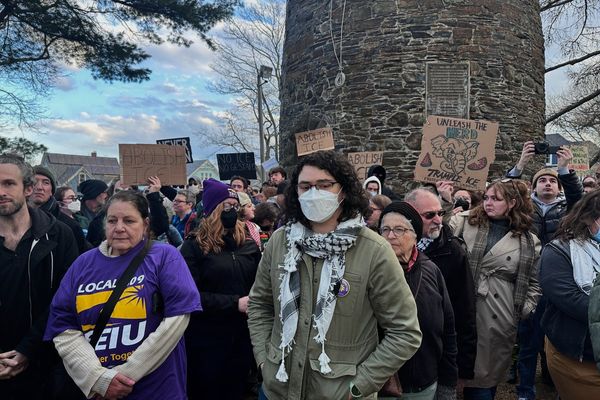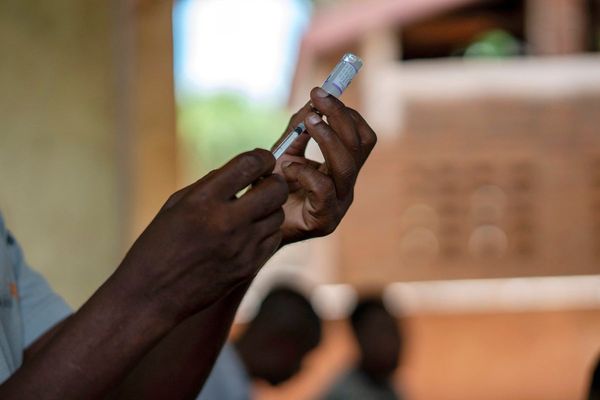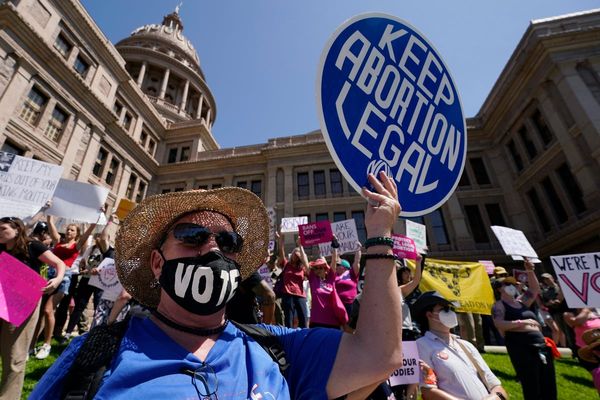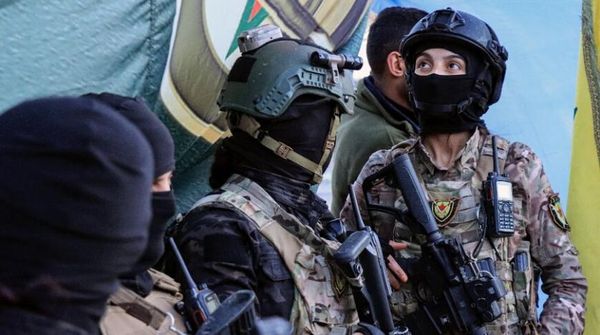
Qamishli (Syria) (AFP) - Syrian Kurdish-led forces boosted security Tuesday a day after foiling a deadly Islamic State group assault on a prison fearing that the extremists will strike again, a spokesman said.
Authorities on Monday declared a state of emergency in Raqa, the jihadists' former de facto capital in northern Syria, after gunmen launched an attack on a security complex near a prison holding fellow militants.
Six members of the Kurdish-led security forces and one jihadist were killed.
Farhad Shami, spokesman for the Kurdish-led Syrian Democratic Forces (SDF), said they had "declared a state of alert" and security forces sweeping the area.
"We have information about potential IS attacks during end-of-year holidays", he said, listing the northern Syrian cities of Raqa, Hasakeh and Qamishli.
Shami said that a new IS leader -- who took over after his predecessor was killed in October -- wanted to assert the group's presence.
Following the attack, SDF commander Mazloum Abdi had warned that "terrorist cells" were "preparing dangerous plots".
The failed assault on Monday targeted a Kurdish security complex, which includes a military intelligence prison housing hundreds of jihadists, the Syrian Observatory for Human Rights war monitor said.
IS claimed responsibility for the attack, saying two of its fighters had carried it out to avenge "Muslim prisoners" and female relatives of jihadists living in the Kurdish-administered Al-Hol camp.
Al-Hol, home to more than 50,000 people, is the largest camp for displaced people who fled after the SDF led the battle that dislodged IS group fighters from the last scraps of their Syrian territory in 2019.
It was the most significant jihadist attack on a prison since IS fighters launched their biggest assault in years in January, when they attacked the Ghwayran prison in the Kurdish-controlled city of Hasakeh.
Residents of Raqa, still fearful after years of war, worried that IS wanted to stage comeback.
Osama Al-Khalaf, an activist from Raqa, said residents "live in a state of fear" of an IS comeback because the jihadists managed to breach the well-guarded complex.
"IS never let us forget they are here, they want to bring back fear and panic," said Abdallah, 35, speaking on condition of anonymity for fear of reprisals.
"We're tired of war, we can't live in fear of the bombings and killings anymore, we want peace."










